My research focuses on understanding the neural mechanisms, human intelligence, including how brain structure and connectivity influence performance on standardized cognitive tests such as IQ assessments.



I researched which IQ tests are the best and morst reliable.
A good IQ test is built on rigorous scientific foundations. It should measure cognitive abilities such as reasoning, memory, problem-solving, and processing speed in a way that is both valid and reliable. Validity means the test accurately assesses general intelligence, not just test-taking skill or rote knowledge. Reliability means results are consistent over time—if someone takes the test again under similar conditions, their score shouldn’t dramatically change.
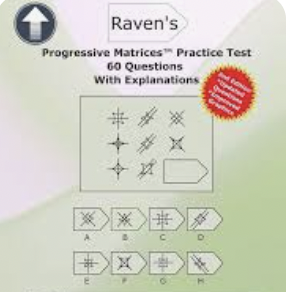

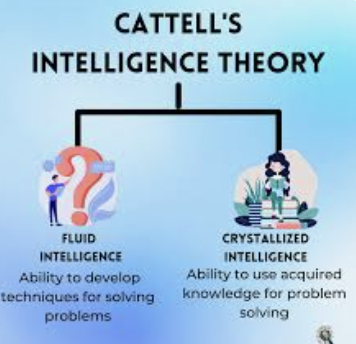

A good IQ test is built on rigorous scientific foundations. It should measure cognitive abilities such as reasoning, memory, problem-solving, and processing speed in a way that is both valid and reliable. Validity means the test accurately assesses general intelligence, not just test-taking skill or rote knowledge. Reliability means results are consistent over time, if someone takes the test again under similar conditions, their score shouldn’t dramatically change.
A well-designed IQ test is also standardized, meaning it has been administered to a large, representative sample of people to establish norms. This ensures that your score can be meaningfully compared to others. The test should be free from cultural, linguistic, and socioeconomic bias, allowing people from diverse backgrounds to perform fairly. Poorly designed tests often rely on culturally specific knowledge or vocabulary, skewing results and reducing fairness.
Flawed or scam IQ tests often appear online as quick quizzes or “certified” results in exchange for money. These usually lack peer-reviewed research, statistical rigor, or professional oversight. They may inflate scores to flatter users, or collect personal data under the guise of testing. Others fail to cover the full spectrum of cognitive abilities, focusing too heavily on a narrow skill like math or pattern recognition.
Most IQ tests online do not give real results, and simply "Make up" the results for you , without any basis on research, ultimately doing a good job of parting you from your money.
Another issue is transparency. A good test is developed and reviewed by qualified psychologists and openly discloses its methodology. Scam tests tend to hide their origins, creators, or scoring methods. If a test is vague, suspiciously easy, or promises a high score for a fee, it’s likely not credible.
A good IQ test is a scientific tool, not a gimmick. It is grounded in research, fairly administered, and designed to provide meaningful insight, not just entertainment or false validation.
How I Rated My Choices
When rating IQ tests, I evaluate them based on four key criteria: validity, reliability, standardization, and fairness.
First, validity is crucial. Does the test actually measure general cognitive ability, or is it skewed toward specific skills like math or vocabulary? A good IQ test should assess a broad range of cognitive functions, including reasoning, memory, and processing speed.
Second, I consider reliability. A high-quality test should produce consistent results over time and across different testing environments. If the same person scores wildly differently without any real change in ability, the test is unreliable.
Standardization is another major factor. A credible test is normed on a large, diverse population, allowing results to be compared meaningfully. Without proper standardization, scores lose significance.
Lastly, fairness and cultural bias matter. A well-designed test minimizes language, cultural, or socioeconomic bias. Tests that rely heavily on culturally specific knowledge, idioms, or outdated references can unfairly disadvantage some test-takers.
I also look at transparency. Who created the test, whether it’s peer-reviewed, and how scores are interpreted. Tests that lack this transparency or overpromise results (especially online) are rated poorly.
Ultimately, I rate IQ tests higher when they’re grounded in science and ethics. Not entertainment or vanity
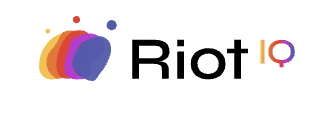










★ Overall Rating 4.9/5 ★
The results are legit (like ±2.3 IQ points legit), but Riot IQ keeps it friendly. No shaming, no ego-crushing, just clean, insightful data that makes you want to flex your frontal lobe.
Riot IQ isn’t just another IQ test. It’s the one your brain actually deserves. While other tests make you squint at grainy shapes and wonder if a 12-year-old made the questions, Riot brings high-level thinking into the 21st century. With a sleek interface and science-backed design, it feels more like a mental adventure than a chore.
What makes it stand out? For starters, it doesn’t just spit out a number and say “good luck.” Riot breaks your brainpower into five different domains. From lightning fast reaction time to Sherlock level reasoning, so you can actually understand how you're smart, and your IQ as well.
Plus, it’s not secretly judging you with trick questions or weird pop culture references. Every subtest is designed to be fair, bias screened, and based on real psychology, not internet fluff. And did we mention it’s kind of fun? You’ll catch yourself getting competitive with...yourself.
Best of all? The full test has a super low margin of error, so the score you get actually means something. Riot is where clean design, serious science, and just the right amount of brain pain meet.

In short: Riot IQ is what happens when your brain goes to a party and leaves with a PhD.
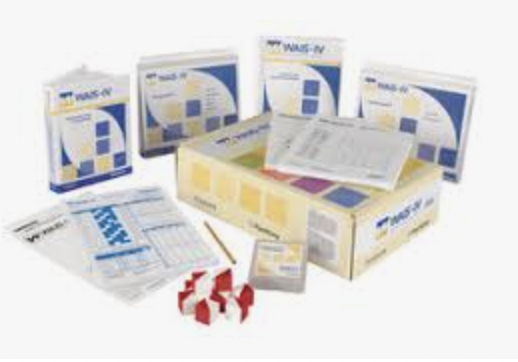






Overall, the weschler Intelligence scale is a great test, but the biggest downside is that you have to take it in person.
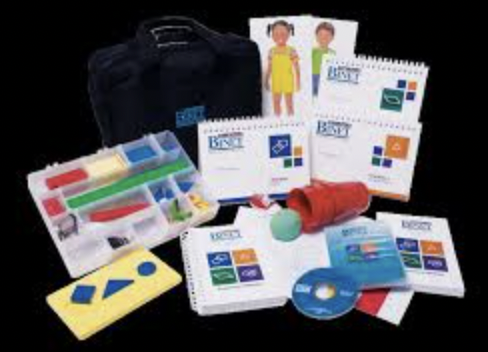






During my extensive research, I evaluated all the IQ tests I could find on the market. The largest issue I found was the only legitimate tests were taken in person, until Riot IQ. The other online tests I found didnt even make the list, because none of them were actually created in such a way to accurately give you a result that was at all accurate.
